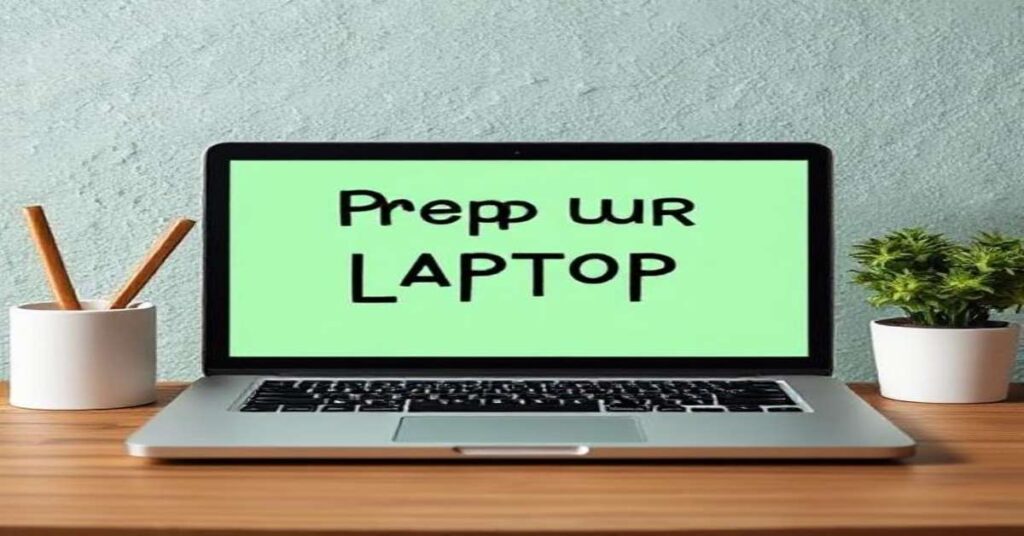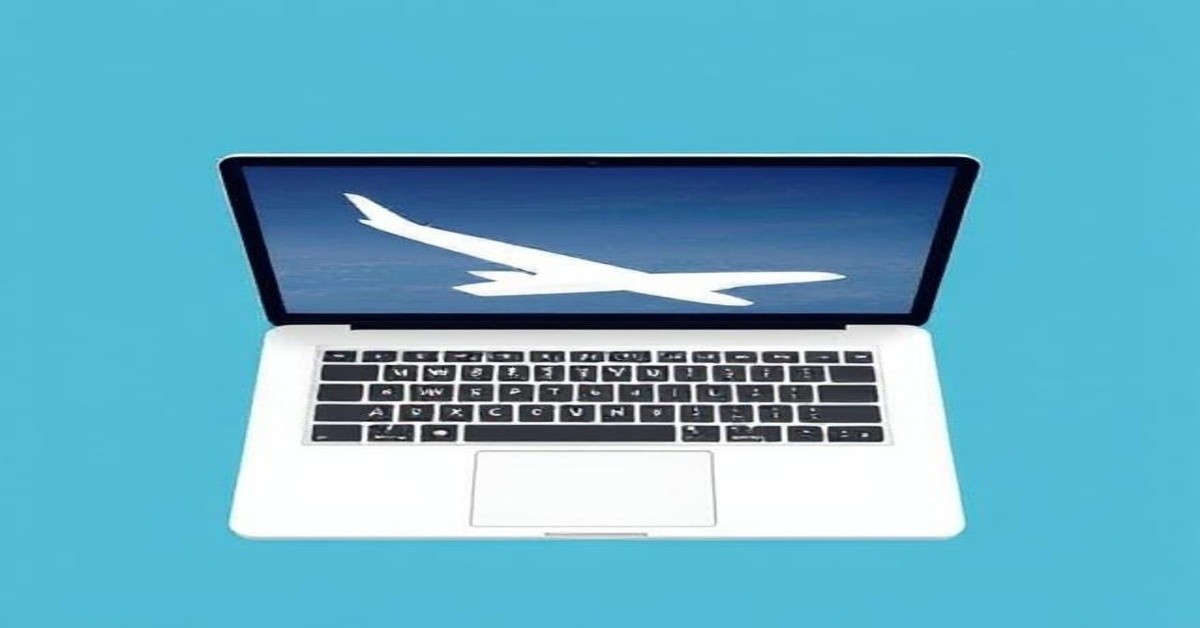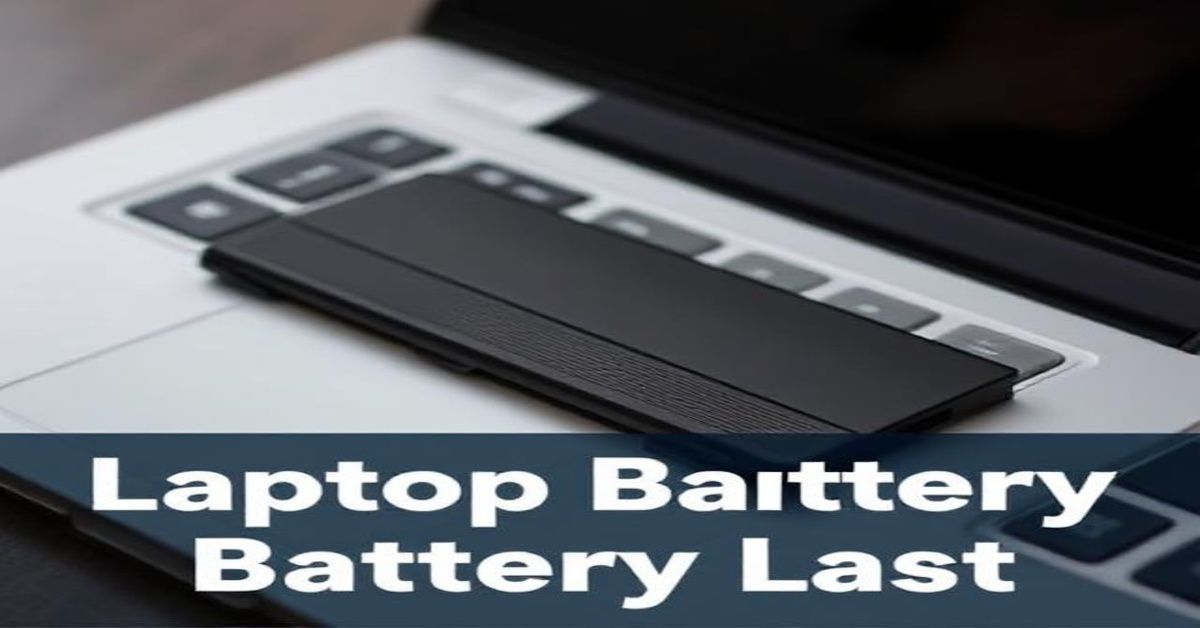If you’re short on money and asking yourself, “Can I pawn a laptop?”, the answer is yes, but the cash you receive will likely be much lower than your hope. Pawn shops will usually accept a laptop, but the cash offer is only about 20–30% of its resale value. For example, a $1,000 laptop might bring in just $200–300. While this provides quick cash, it’s wise to explore smarter alternatives like selling or trading in, which can help you get a far better return.
What Does It Really Mean to Pawn a Laptop?
When you pawn a laptop, you’re not actually selling it; you’re taking out a short-term loan using the device as security. The pawn shop gives you cash, usually just 20–30% of the laptop’s resale value. If you repay the loan plus interest within the agreed period, you get your laptop back. If not, the shop keeps it permanently and resells it to recover their money and make a profit.
What Do Pawn Shops Require Before Accepting a Laptop?
Pawn shops have clear rules. To pawn your laptop, you’ll usually need:
- A valid photo ID
- Proof of address
- Preferably, the original purchase receipt
- Charger and accessories
- Condition Requirements
Most shops demand a working device, no broken screens, and an accessible operating system. Cleanliness and accessories often boost the cash offer. So, when asking “Can I pawn a laptop?”, know that preparation plays a big role.
How Much Can You Get for Pawning a Laptop?

On average, pawn shops pay only a small fraction of what a laptop is truly worth. For example, a $1000 laptop might fetch just $200–300. A basic budget laptop may only bring $50–100, while a premium gaming model or MacBook could reach around $400. The final offer depends on demand, specifications, and condition. So, while the answer to “Can I pawn a laptop?” is yes, don’t expect anywhere near top value.
Factors That Influence Your Laptop Pawn Value
Pawn shops calculate offers based on:
- Brand and reputation (Apple, Dell, HP, etc.)
- Hardware specifications (RAM, storage, processor)
- Age and wear
- Current market demand for a laptop
- Whether accessories like chargers are included
- Why Pawn Shops Offer Less Money
Because they need profit and account for risks, pawn shops rarely exceed 30% of the resale value. So, “Can I pawn a laptop?” for its worth? Unfortunately, not even close.
The Ups and Downs of Pawning vs. Selling
Pawning can be convenient, but it’s not always the best choice.
1. Benefits of Pawning
- Immediate payout
- Option to reclaim your laptop later
- Minimal paperwork
2. Downsides of Pawning
- Very low payouts (20–30%)
- High monthly interest (15–25%)
- Risk of losing your laptop permanently
3. Why Selling May Be Better
Selling directly avoids interest fees and usually gives you 50–70% of the value. If you wonder, “Can I pawn a laptop?”, or should I sell? Selling almost always puts more money in your pocket.
How to Prepare Your Laptop for Pawning

To maximize your offer:
- Backup files and factory reset the device
- Log out of all accounts and clear passwords
- Thoroughly clean the laptop
- Update software and fix small issues
- Include the charger and other original accessories
These steps boost value and protect your privacy, making “Can I pawn a laptop?” safely a more confident yes.
Do Pawn Shops Accept a Broken or Damaged Laptop
Minor problems such as small scratches, worn keyboards, or weak batteries are often still accepted by pawn shops, though they reduce the value. However, serious issues like cracked screens, missing components, or a laptop that won’t even power on are usually rejected. Even if a shop does accept it, the cash offer will be extremely low. In many cases, repairing the device first leads to better offers. Asking “Can I pawn a laptop?” with damage usually brings disappointment.
Better Alternatives to Pawning Your Laptop
Instead of pawning, explore options like:
- Selling directly on marketplaces (higher payout)
- Trade-in programs at retailers (store credit or cash)
- Repairing and then reselling (increases value)
So, if you’re debating, “Can I pawn a laptop?” or find another route, selling and trade-ins nearly always win.
Common Questions About Pawning a Laptop
1. How can I sell my laptop for cash?
eBay is a great way to sell a laptop, check similar prices, list specs clearly, and choose auction or buyout.
2. Do I have to clear my laptop to pawn it?
Create a backup and erase personal files. First, save your data to a portable drive. If you plan to reclaim your computer later, you can easily restore the files to it.
3. How Long Is the Loan Period?
Most pawn loans last 30 days with the option to extend; interest adds up quickly.
4. What If I Don’t Repay?
The pawn shop keeps your laptop and resells it, and you lose your ownership.
5. Can I Negotiate the Amount?
Yes, you can negotiate the amount, but shops rarely exceed 30% of resale value.
6. Do I need the charger to pawn my laptop?
Yes, including the charger usually increases the offer. Some shops may still accept a laptop without it, but they’ll likely reduce the payout significantly.
7. Can I pawn a broken or dead laptop?
Most pawn shops reject laptops that won’t turn on, have cracked screens, or are missing parts. Even if accepted, the payout will be extremely low. Repairing before selling usually brings better value.
8. Can I pawn a laptop without proof of purchase?
Some pawn shops may accept it, but most prefer original receipts or documentation to avoid legal issues. Having proof of ownership improves your chances and value.
Conclusion – Is Pawning a Laptop Worth It?
Yes, you can pawn a laptop, but the return is often far less than expected. Since pawn shops usually pay only 20–30% of its actual value, you’ll likely walk away with much less than what the laptop is truly worth. Although pawning provides fast cash, selling directly, trading in, or repairing before resale almost always brings better results. Think carefully and consider long-term benefits before deciding if pawning is truly the right move for you.
Related Post:
Why Is My Laptop So Hot? 8 Easy Fixes to Cool It Fast



